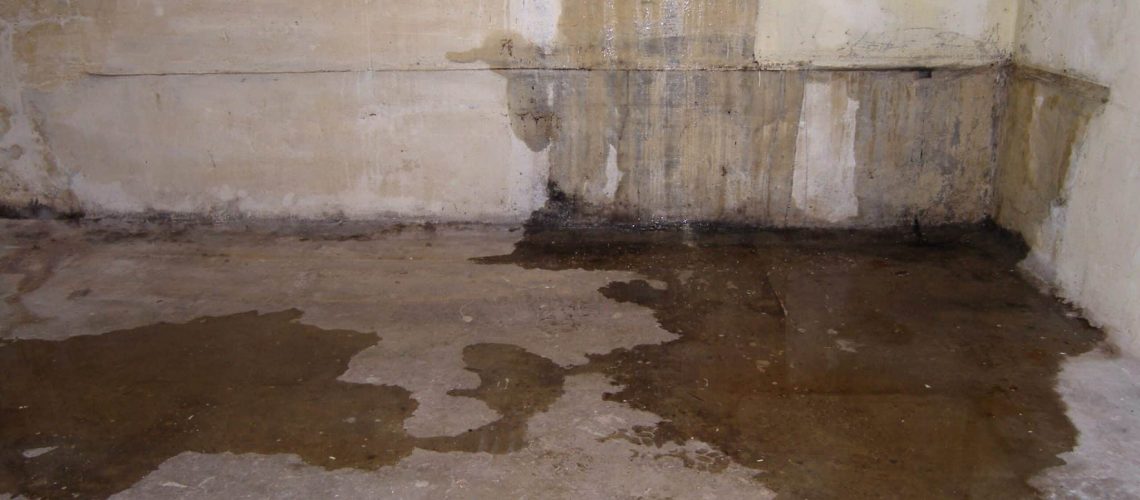The presence of water in the basement can be a frightening circumstance, but don’t freak out! This is a problem that a large number of homeowners are faced with. Even the most well-protected basements are susceptible to leaking at some point, which means you’ll almost inevitably have to deal with the problem at some point throughout your life. Because they are the lowest point in the house, they act as a magnet for any unwanted water that may enter.
Groundwater, internal moisture, and ventilation with humid air are the three most typical sources of water in a basement. It goes without saying that standing water is the most visible indication that there is water in your basement. Efflorescence, musty odors, mold, stains, and discoloration are just a few of the numerous indicators of moisture in your basement that you should look for. Now, in order to gain a better understanding of the problem, let’s go over the many sources of water that could be present in your basement.
Groundwater
When the amount of water in the soil underground, known as water table, rises, basement leaks or flooding can occur. When the water table begins to rise and eventually reaches ground level, the liquid begins to seep through the surface, and flooding is most likely to appear. Unfortunately, this water frequently finds its way into basements, where it may cause considerable damage to the structure of the building, the health of the residents, and even have a significant impact on the home’s market value.
Basement flooding occurs at a much slower pace than, say, river flooding. It can take a long time before you notice any evidence of dampness in your basement. After severe rainfall or melting snow, we’re talking about days, weeks, or even months. You won’t be able to do much about water leaking from the soil into your basement through the floor or walls. If this occurs, it is critical to contact a professional as soon as possible to resolve the problem.
Interior moisture
Although the majority of the water in your basement comes from the outdoors, plumbing systems inside your home might also be the source of a water problem. Always start by looking for interior sources of moisture when trying to find the source of water leaks in your basement. Water pipes in your home are hidden behind the walls, and if they are damaged and begin to leak, the water will most likely flow down to the basement.
Showers, bathtubs, sinks, toilets, washing machines, humidifiers, and other gadgets that you may own and use on a daily basis could all be sources of interior moisture. It is critical to maintain your home on a regular basis in order to keep it dry and safe. Fixing a leak is pretty simple, and you can either do it yourself or get a professional to do it for you.
Condensation
Basements are more humid than other parts of the house, which makes them more susceptible to mold, unpleasant smells, and wetness. But what exactly is humidity, where does it originate from, and how can you keep it out of your basement? Simply said, humidity is a measurement of the amount of water vapor in the air. Humidity rises in direct proportion to moisture content. It’s frequently detectable in the air, as it thickens and gets more difficult to breathe in, and the walls become moist to the touch.
When the weather warms up in the summer and the outside temperature rises, you’ll likely open the windows to enable air to circulate through the basement. The humid and warm air from the outside will enter the cold basement as a result of this air circulation, causing condensation on the walls and floor. What you can do about basement condensation is invest in a good humidifier, which will help you lower air moisture levels to a comfortable and safe level while also assisting in maintaining excellent basement hygiene. Installing and utilizing a low-speed fan on a regular basis in your basement will enhance ventilation, allowing damp air to go and dry air to enter.
We’ve addressed the most common causes of water in basements in this article. Regardless of the problem you are experiencing, Dry Jersey is available to aid you in finding the most appropriate solution. Therefore, do not hesitate to contact us, and we will be happy to assist you with whatever basement problem you may be experiencing.


